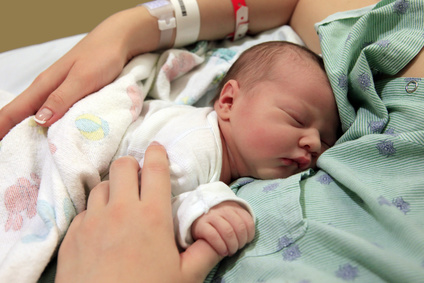The divorce process is needed for couples to resolve their issues. These issues are referred to as marital issues. They can speak about these issues in mediation or have a judge make decisions for them in court. Child custody arrangements are a major decision that needs to be made before a divorce can be finalized. Not only can this decision affect both spouses, but it can also affect the children involved in the divorce. It can decide who they spend more time with or if their parents have legal rights over them. For these cases, custody is arranged into physical and legal custody. Parents are given certain rights based on these chains of custody.
Physical custody gives one parent the role of custodial parent, making them the main guardian for the child. This role means that the child will reside with this parent on a regular basis. Although the child may be able to spend time in their other parent’s home, the custodial parent is the one that they will see more of the time. Legal custody refers to the ability to make decisions for your child. When parents are given this right, they can decide on important issues for the child’s well-being. This can include the child’s education, religion, medical treatment and more. With this role, the parent can still be given authority over their child’s life even if they are not named as the custodial parent.
What if my former spouse does not follow custody arrangements?
Custody arrangements are considered to be court orders. If people do not follow these orders, spouses may prove to be in contempt of court and jeopardize their custody of their children. Parents must follow these arrangements or they may face penalties. If your former spouse is not cooperating with the agreement that was made, you have the right to file a motion with the court. The judge can review the case and figure out a final decision. Your former spouse may face consequences for their inability to cooperate. Arrangements can be changed when parents are in need of it or if children are. Whether your former spouse is failing to adhere to them or there are other life interferences, you can enter into court to get your current custody arrangement modified. Since new circumstances can arise, this can be beneficial. The judge will always consider the health and safety of the child first. If the health or safety of the child is being compromised due to the current arrangement, this is another reason that can lead to a modification.
If you require compassionate and knowledgeable legal guidance for a matter of divorce, family or estate law, please contact the experienced attorneys at the Law Offices of Cynthia L. Hanley today. Our firm proudly serves clients in Mansfield, Massachusetts and throughout Bristol County.

